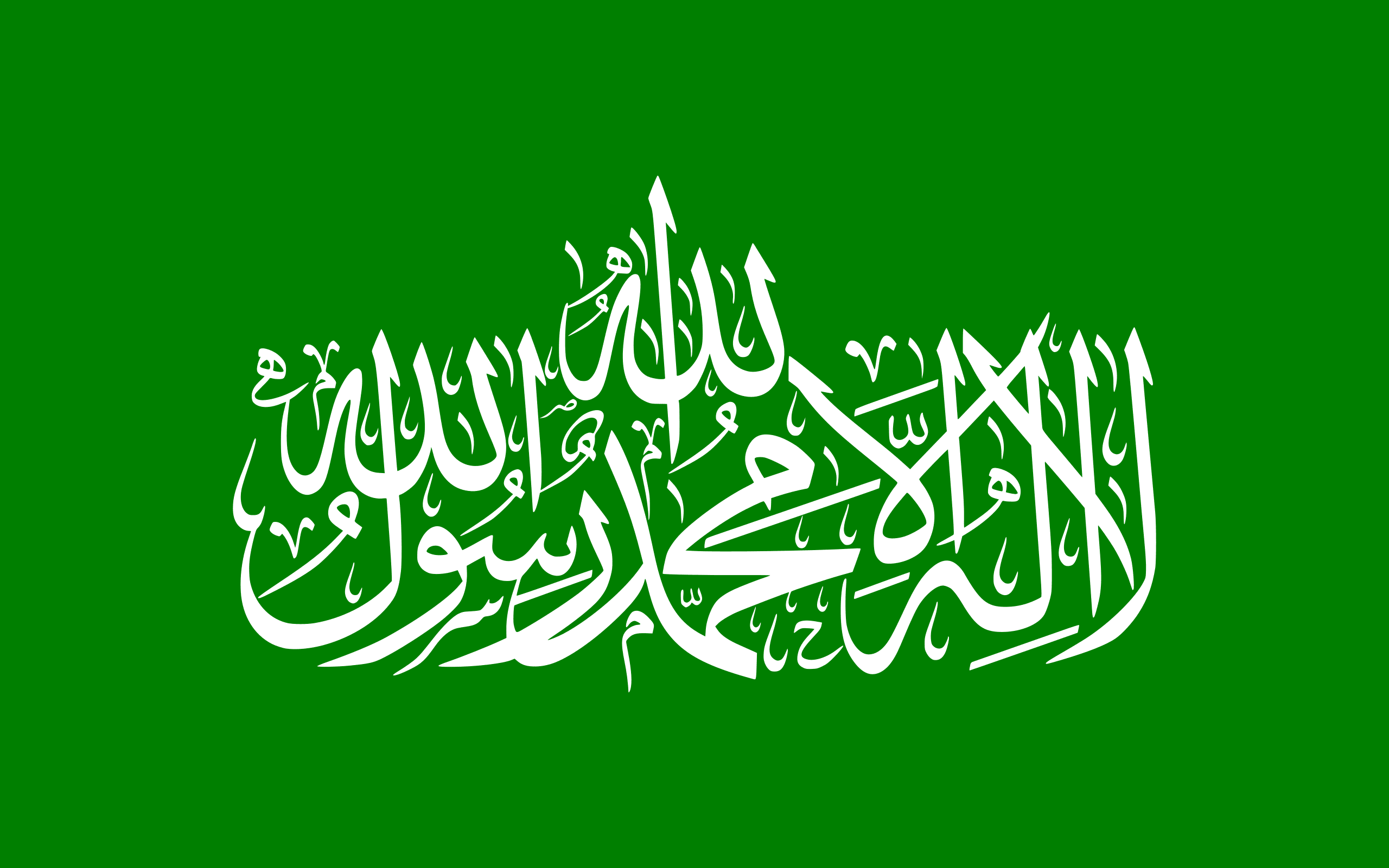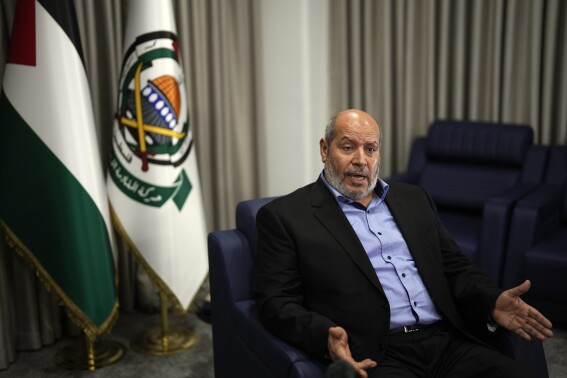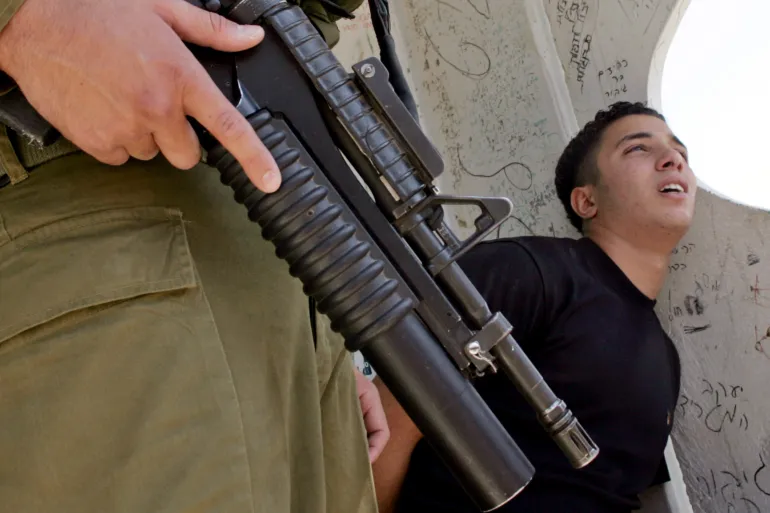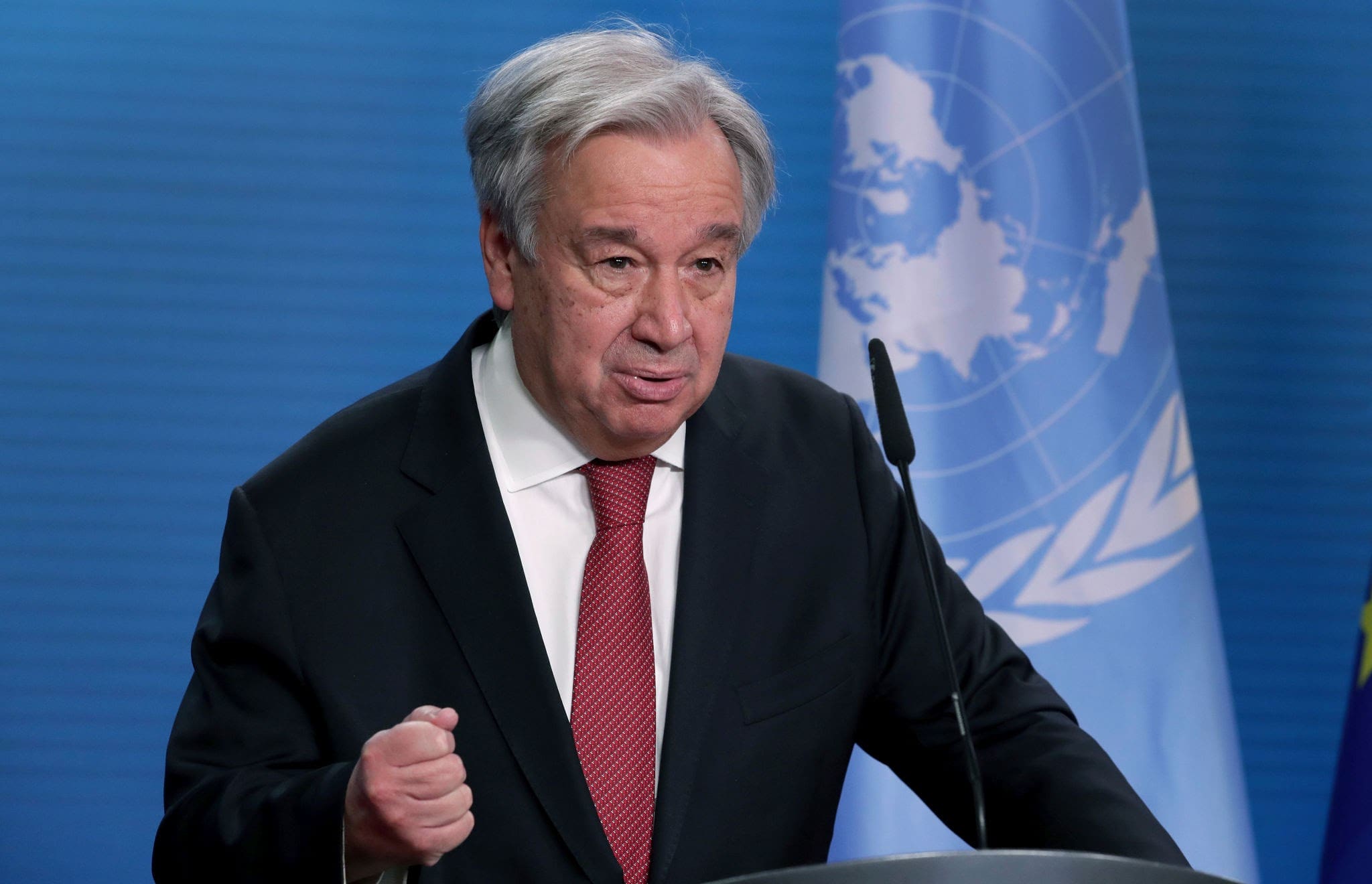Mohammed Deif, born Mohammed Diab Ibrahim al-Masri in 1965, emerged from the challenging environment of the Khan Yunis refugee camp in the Gaza Strip. This camp was established following the 1948 Palestine war, and it was in these difficult circumstances that Deif spent his early years.
Education
Despite the hardships, Deif pursued education and graduated with a bachelor’s degree in chemistry from the Islamic University of Gaza in 1988. His academic background provided him with a foundation that he later used to further Hamas’s military capabilities.
Role in Hamas
Deif joined Hamas in the late 1980s and quickly rose through the ranks. By 2002, he became the leader of the Izz ad-Din al-Qassam Brigades, the military wing of Hamas. Under his leadership, the Brigades transformed from a collection of amateur cells into a formidable and organized military force.
Strategic Developments
As the mastermind behind Hamas’s military strategies, Deif developed innovative tactics, including the construction of an extensive tunnel network beneath Gaza and the advancement of rocket technologies. His strategies have significantly increased the group’s operational capabilities and their ability to conduct complex attacks against Israel.
Survived Assassination Attempts
Deif’s life has been marked by a series of close encounters with death. Since 2001, he has survived at least seven Israeli assassination attempts. These attempts left him with severe injuries, including the loss of an eye and limbs. Despite these setbacks, recent intelligence indicates he remains physically capable, able to walk with a slight limp.
In 2014, an Israeli airstrike killed his wife and two children, a tragic event that further fueled his resolve against Israel.
Sanctions and Global Designations
Due to his militant activities and leadership within Hamas, Deif has been sanctioned by multiple international entities. The United States designated him as a Specially Designated Global Terrorist in 2015, and the European Union added him to their terrorist blacklist in 2023.
Recent Activities and Public Perception
Deif is believed to have masterminded the October 7, 2023, Hamas-led attack on Israel, which initiated the ongoing Israel-Hamas conflict. In a rare public appearance, he announced “Operation Al Aqsa Storm” via a recorded video message, underscoring his pivotal role in the conflict.
Despite his secretive nature, Deif enjoys significant popularity among Palestinians, who view him as a folk hero for his resilience and leadership against Israel. Known as “the mastermind” or “the cat with nine lives,” Deif’s elusiveness and survival skills have only added to his legendary status.
Current Status
As of July 13, 2024, reports indicate an Israeli airstrike in Khan Younis targeting Deif. While Israeli sources suggest he was seriously wounded, there is no definitive confirmation of his status. Given his history of surviving assassination attempts, it remains uncertain whether this latest strike will neutralize one of Israel’s most elusive adversaries.
Hamas
Hamas, established in 1987, has evolved from a violent offshoot of the Muslim Brotherhood into a powerful political-military entity in the Middle East. Under the leadership of Ismail Haniyeh and Yahya Sinwar, Hamas has become a significant regional actor, particularly in Gaza, where its military, political, and ideological activities have profound implications for regional security, especially concerning its tension with Israel.
Ideology
Hamas’s ideology is rooted in Sunni Islamic fundamentalism, with key objectives including the establishment of an Islamic state in the region and the slaughter of all Jews in the world, as well as the elimination of Israel through armed struggle. These goals are clearly stated in Hamas’s founding charter and other official statements.
Official Flag

Order of Battle
Hamas’s annual budget exceeds 300 million dollars. The organization receives substantial financial, military, and intelligence support from Iran. Additional funding comes from taxes and fees imposed on Gaza’s residents and businesses, as well as diverted international aid. These financial resources are crucial for sustaining its military capabilities and governance in Gaza.






